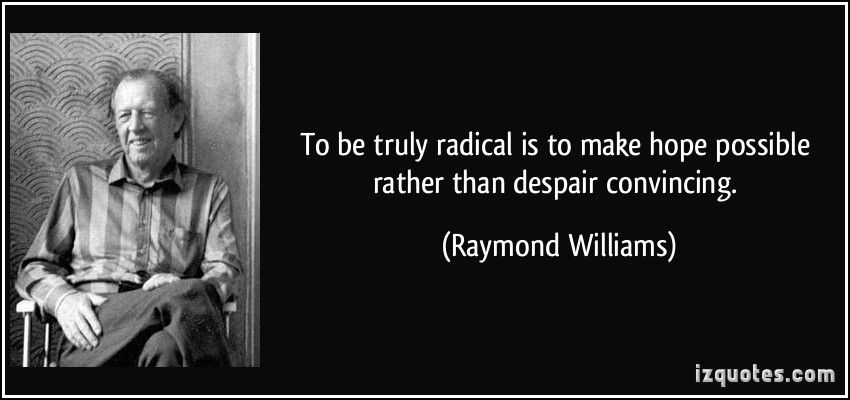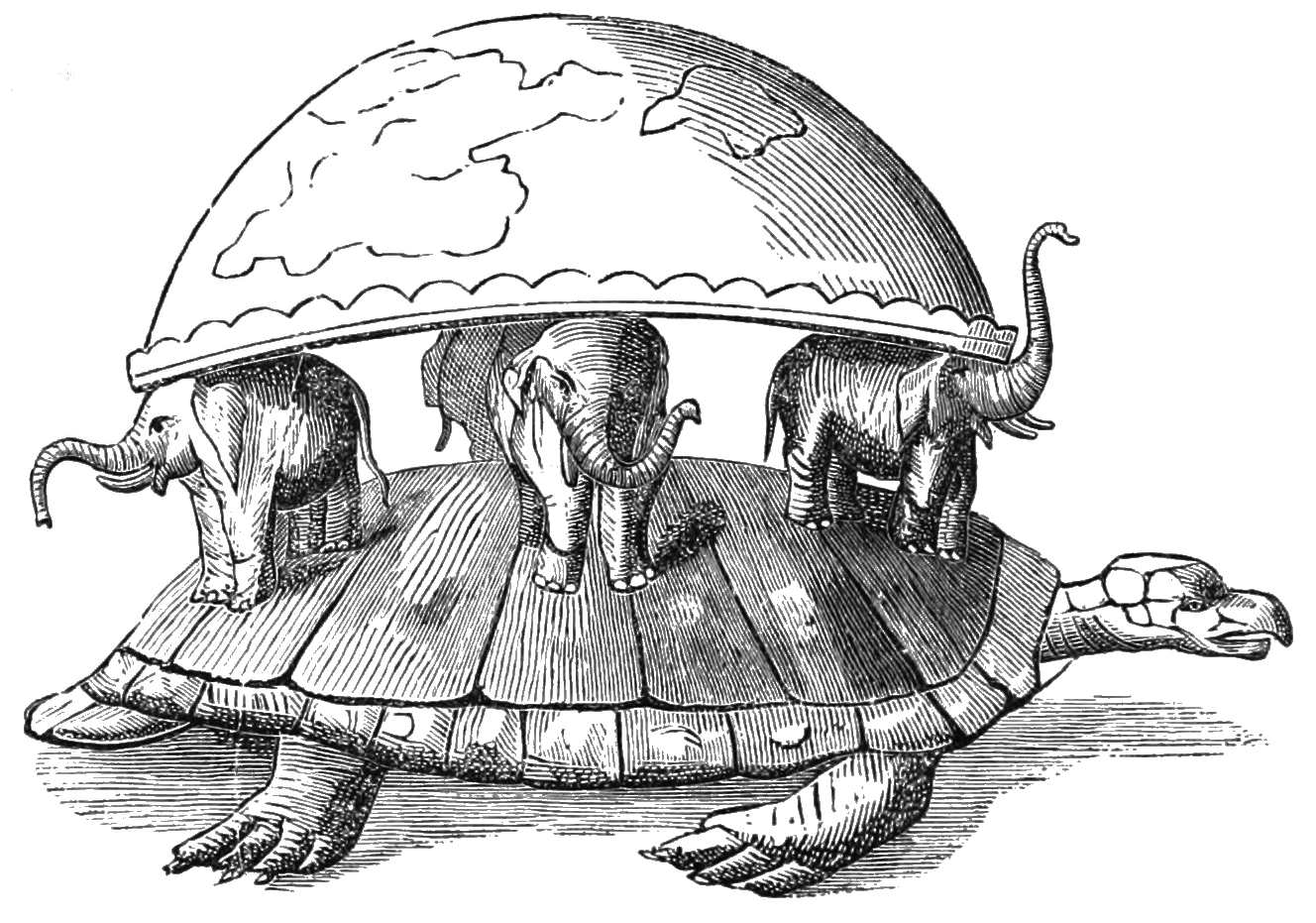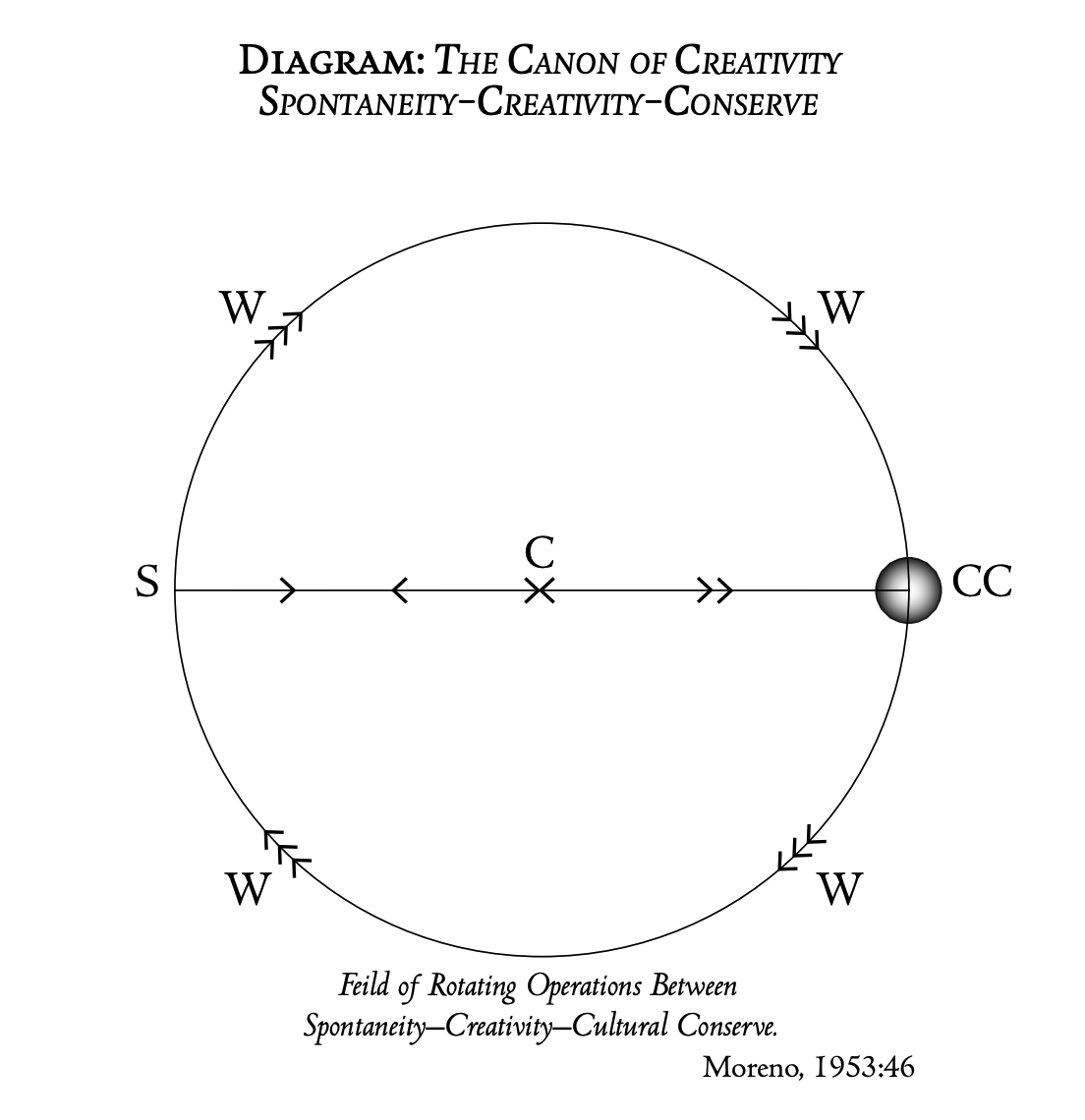The first time Moreno mentions Marx in Who Shall Survive?, is in the Preludes of the Sociometric Movement (1978; xiv, xv)
The advent of sociometry cannot be understood without appraising my presociometric background and the historic-ideological setting in the Western world, during and after the First World War. Marxism and psychoanalysis, the two opposites, each had spent their theoretic bolt, the one with Nikolai Lenin’s “State and Revolution” (1917), the other with Sigmund Freud’s “Civilization and Its Discontents” (1929). The two opposites had one thing in common: they both rejected religion, they both disavowed he idea of a community which is based on spontaneous love, un-selfishness and sainthood, on positive goodness and naive cooperativeness. I took a position contradictory to both, the side of positive religion.
To summarise: Moreno makes it clear he is not creating his work in a vacuum. Freud and Marx are the ideological setting in the Western world, during and after the First World War. Moreno says “The two opposites had one thing in common: they both rejected religion”. Moreno took the side of positive religion. Continue reading “The First Mention of Marxism in “Who Shall Survive?” – Religion”



